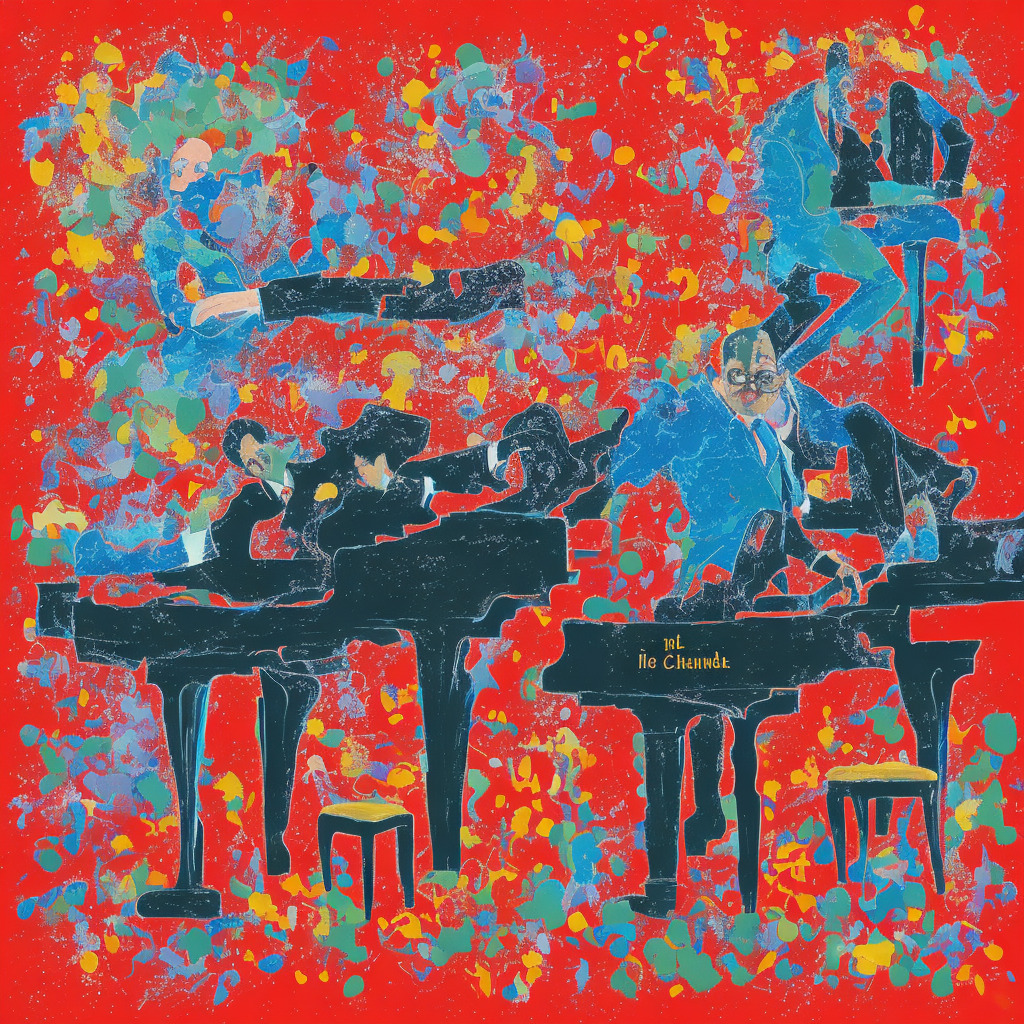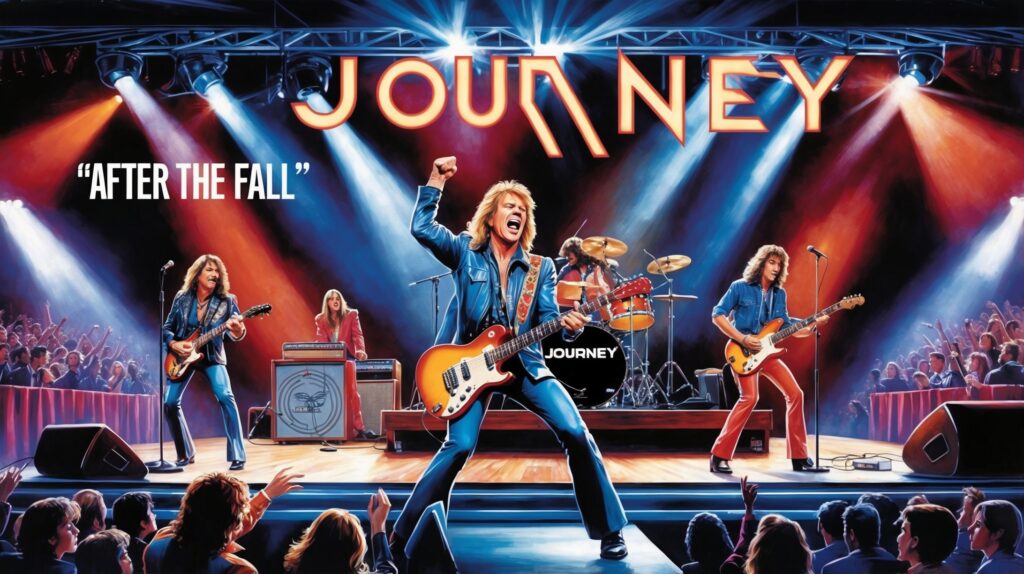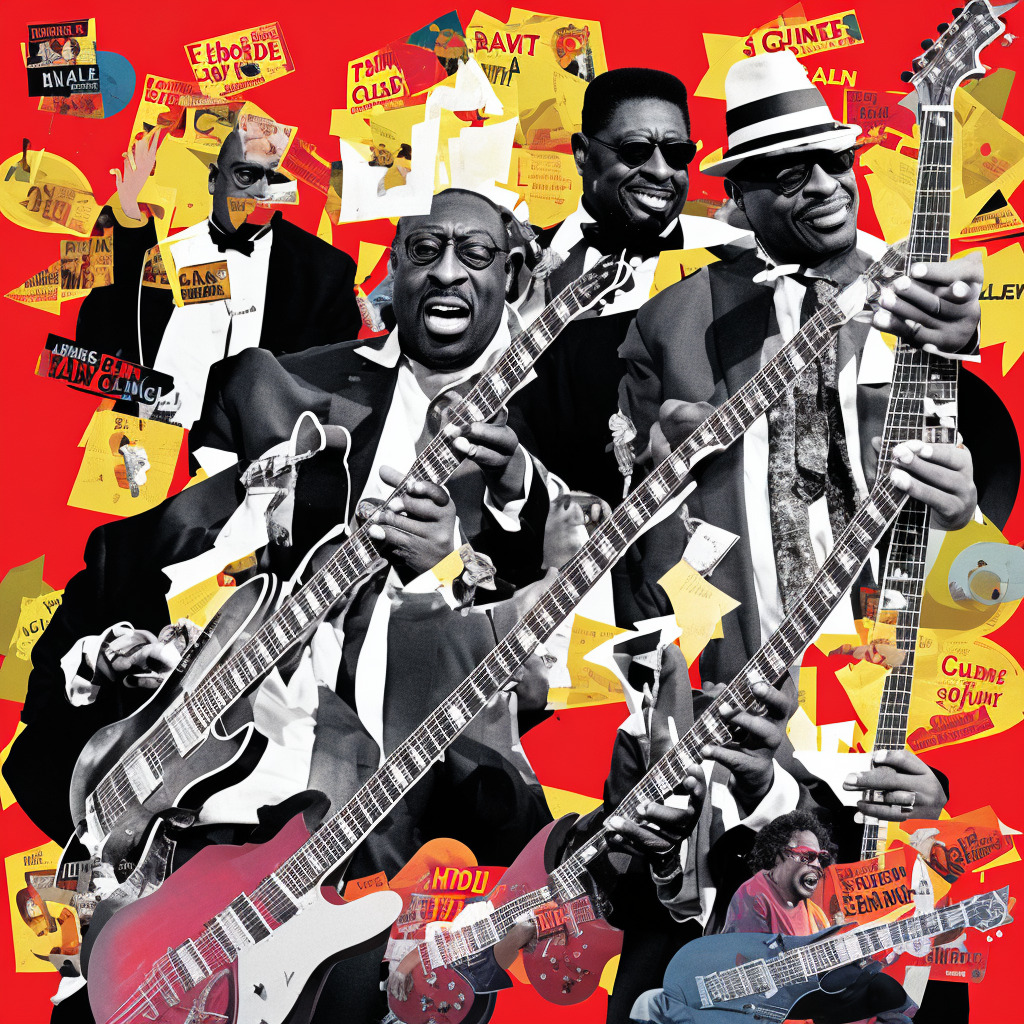🎹 Did you know “Don’t Ask Me Why” from Billy Joel’s 1980 album Glass Houses showcases his knack for Latin rhythms? 💃 Hit the dance floor with this timeless classic! 🎶 #BillyJoel #GlassHouses #DontAskMeWhy #LatinVibes #MusicTrivia #ThrowbackThursday Read about it: tinyurl.com/4wk88cmz
Unraveling the Genius of Billy Joel
“An unforgettable fusion of Latin and jazz, Billy Joel’s ‘Dont Ask Me Why’ encapsulates his remarkable storytelling prowess and his enduring impact on the music world.”
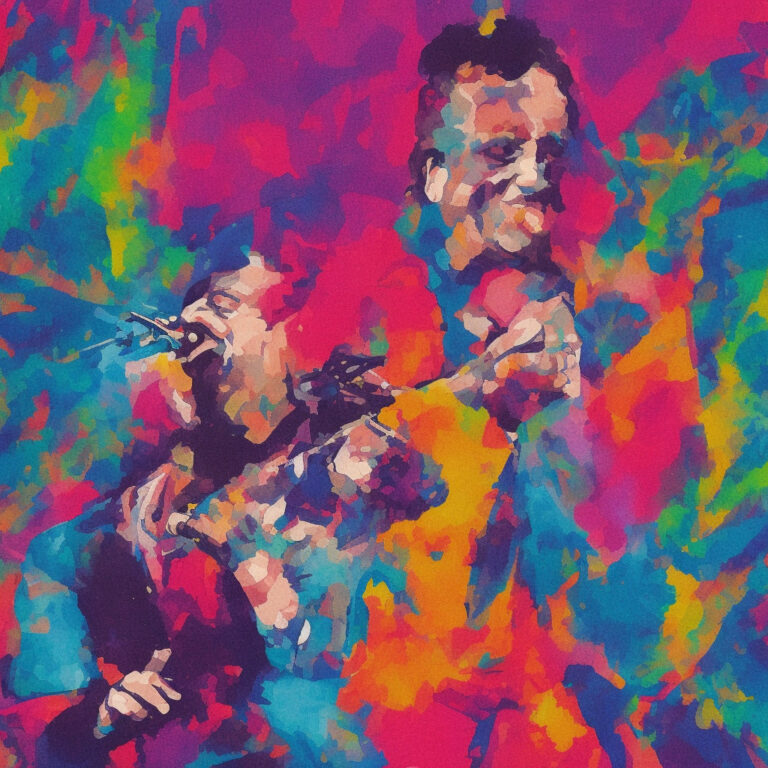
As one of the most respected and talented musicians in the world, Billy Joel’s illustrious career spans over five decades, with an array of chart-topping hits and multiple accolades to his name. Born on May 9, 1949, in The Bronx, New York, Joel’s journey began by honing his skills in various bands before finally deciding to go solo in the early ’70s. This decision proved to be a masterstroke as his debut album, “Cold Spring Harbor,” set the stage for his rise as a singer, songwriter, and pianist par excellence.
“Dont Ask Me Why,” a song released in 1980 as part of the “Glass Houses” album, is a classic example of Billy Joel’s undeniable genius. The song’s composition is an unmistakable blend of Latin and jazz influences, featuring a lively piano riff, a catchy guitar melody, and Joel’s smooth, soothing vocals. It was an instant hit, reaching No. 19 on the Billboard Hot 100 chart and continuing the success of “Glass Houses,” which itself peaked at No. 1 on the Billboard 200 chart.
Delving deeper into the song’s lyrics, “Dont Ask Me Why” showcases Joel’s gift for storytelling and his ability to capture complex emotions without losing any of its melodic appeal. The lyrics convey a sense of emotional turmoil, with the protagonist grappling with love and life’s uncertainties. Joel’s mastery in crafting heartfelt narratives, coupled with his distinct voice and virtuoso piano skills, is a recurring theme in his music and plays a significant role in his enduring popularity.
Throughout his career, Billy Joel has had his fair share of ups and downs, both personally and professionally. While his musical talent is beyond question, he has sometimes been criticized for being too sentimental or formulaic in his songwriting. However, even his most ardent critics would agree that his ability to evoke nostalgia and tug at the heartstrings has endeared him to millions of fans around the world.
Billy Joel’s numerous awards and accolades are a testament to his contributions to the music industry. With more than 150 million records sold worldwide, he ranks as one of the best-selling music artists of all time. Joel has been inducted into the Rock and Roll Hall of Fame, the Songwriters Hall of Fame, and the Long Island Music Hall of Fame. Moreover, he has received six Grammy Awards, an honorary doctorate from Berklee College of Music, and the Kennedy Center Honors for his impact on American culture through the arts.
In conclusion, Billy Joel’s “Dont Ask Me Why” serves as a reminder of his extraordinary talent and the timeless appeal of his music. As a seasoned music blogger, it’s an absolute pleasure to delve into the intricacies of his work and celebrate his continued relevance and influence in the world of music.
Charting the Journey of a Classic Tune
“Charting the timeless journey of Billy Joel’s genre-blending classic, ‘Don’t Ask Me Why,’ from its 1980 debut to its enduring appeal across generations.”

“Don’t Ask Me Why” by Billy Joel was released on September 2, 1980, as the third single from his seventh studio album, Glass Houses. The song quickly gained traction and climbed up the charts, showcasing Joel’s ability to blend various musical styles in one track.
Upon its release, “Don’t Ask Me Why” debuted on the Billboard Hot 100 chart at #73, steadily rising in the following weeks. The song’s catchy melody and memorable lyrics resonated with audiences, ultimately peaking at #19 on November 22, 1980. It spent a total of 17 weeks on the chart, proving to be a consistent favorite among listeners. The song also made an appearance on the Adult Contemporary chart, reaching #4 and spending 22 weeks on the chart.
Over on the other side of the Atlantic, “Don’t Ask Me Why” entered the UK Singles Chart at #60 on October 18, 1980. While not as successful as its US counterpart, it still managed to climb up to #40, where it peaked on November 8, 1980. The song spent a total of 6 weeks on the UK chart.
Aside from its success on the charts, “Don’t Ask Me Why” earned a spot on several year-end charts, including Billboard’s Top Pop Singles of 1980, where it ranked #97. It also earned a spot on the Cash Box Year-End Charts, placing at #78 in 1980.
In the years since its release, “Don’t Ask Me Why” has continued to be a staple in Billy Joel’s live performances and has been featured in numerous compilations and greatest hits albums. The song’s enduring appeal and chart success are testaments to Joel’s ability to create timeless hits that transcend generations.
Dissecting The Lyrics: A Journey Through Time
All the waiters in your grand cafe
Leave their tables when you blink
Every dog must have his everyday
Every drunk must have his drink
Don’t wait for answers
Just take your chances
Don’t ask me why
All your life you had to stand in line
Still you’re standing on your feet
All your choices made you change your mind
Now your calendar’s complete
Don’t wait for answers
Just take your chances
Don’t ask me why
You can say the human heart
Is only make-believe
And I am only fighting fire with fire
But you are still a victim
Of the accidents you leave
As sure as I’m a victim of desire
All the servants in your new hotel
Throw their roses at your feet
Fool them all but baby I can tell
You’re no stranger to the street
Don’t ask for favors
Don’t talk to strangers
Don’t ask me why
Yesterday you were an only child
Now your ghosts have all gone home
You’re still depending on your silicone
We’re all depending on your chrome
Don’t wait for answers
Just take your chances
Don’t ask me why
Don’t ask me why
In “Don’t Ask Me Why,” Billy Joel weaves a tapestry of cryptic imagery and evocative metaphors that tap into the zeitgeist of the late ’70s and early ’80s. The lyrics paint a picture of a world where appearances are everything, and the pursuit of material success takes precedence over human connection.
The song’s chorus, “Don’t wait for answers / Just take your chances / Don’t ask me why,” reflects the uncertainty and disillusionment that permeated the era, particularly in the aftermath of the Watergate scandal and the end of the Vietnam War. It suggests that, in a world where established norms and institutions have failed, the best course of action is to forge your own path and take risks, even if you don’t fully understand the reasons behind your choices.
In lines like “You’re still depending on your silicone / We’re all depending on your chrome,” Joel comments on the growing impact of technology on everyday life, foreshadowing the digital revolution that would come to define the ’80s and beyond. This dependence on technology is both a source of hope and a potential pitfall, as individuals become increasingly disconnected from one another in pursuit of their own self-interest.
As a music blogger with a deep appreciation for the nuances of songwriting, I find it fascinating to delve into the layers of meaning behind a timeless track like “Don’t Ask Me Why.” Though it’s impossible to pin down a single interpretation of this complex song, its evocation of the spirit and events of its time makes it an enduring classic that continues to resonate with listeners today.
Visual Delights: Unraveling the “Don’t Ask Me Why” Music Video
Delve into Billy Joel’s whimsical world in the “Don’t Ask Me Why” music video, a timeless masterpiece of contrasting rural charm and rock ‘n’ roll flair by visionary director Jim Yukich.
The music video for “Don’t Ask Me Why” is an essential piece of the puzzle that completes Billy Joel’s 1980 hit song from his album, Glass Houses. Directed by the visionary Jim Yukich, the video provides a lighthearted take on the song, giving the viewer a glimpse into the playful side of the artist.
Filmed in a rural setting, the video features Billy Joel and his band performing the song while surrounded by farm animals and countryside folk. The choice of the rustic location was deliberate, to complement the song’s upbeat tempo and folky vibe. The juxtaposition of farm life with the rock ‘n’ roll sound of the track creates an interesting contrast that elevates the music video’s artistic appeal.
The production quality of the music video is truly impressive, particularly for its time. The smooth transition between shots and the seamless blending of various elements in the video showcase Jim Yukich’s expertise as a director. As the band belts out “Don’t Ask Me Why,” the viewer is treated to a series of unexpected visuals, including Billy Joel dressed as a gaucho, a woman riding a horse, and a barn dance. These whimsical elements show that the video was designed to be quirky and fun, much like the band itself.
The budget for the music video has never been disclosed, but one can only imagine the resources needed to create such an elaborate, well-produced visual masterpiece. Despite the potential cost, the video has been well received by fans for its unique and entertaining take on the song.
In addition to the official music video, there have been numerous fan-made videos and YouTube tributes featuring “Don’t Ask Me Why,” which speak to the song’s enduring popularity. Some of these videos have gained thousands of views, proving that the love for the song, and its distinctive video, is still very much alive in the hearts of music lovers everywhere.
In summary, the music video for “Don’t Ask Me Why” by Billy Joel is a delightful visual treat that adds another layer of enjoyment to the song. Directed by the talented Jim Yukich, the video demonstrates a perfect marriage of artistic vision and high-quality production, which will surely continue to enchant fans for years to come.
The Mind Behind the Masterpiece
Billy Joel, the composer of the undeniably catchy “Don’t Ask Me Why,” boasts a truly impressive and lengthy career in the music industry. With a knack for creating memorable melodies and heartfelt lyrics, Joel has gifted the world with numerous timeless hits. Among his most notable compositions are “Piano Man,” a song that tells the story of various characters in a bar, and “Uptown Girl,” a catchy tune inspired by the classic “uptown” and “downtown” dichotomy in New York City. Additionally, the heartfelt ballad “Just the Way You Are” showcases the depth and range of Joel’s songwriting prowess. With an unyielding devotion to his craft, Billy Joel has undoubtedly solidified his place as one of the most iconic composers of our time.
Awards, Accolades, and Intriguing Adaptations
“Dive into the lasting impact of Billy Joel’s classic ‘Don’t Ask Me Why,’ an enduring hit that transcends time with award-winning success and inspiring reinterpretations.”
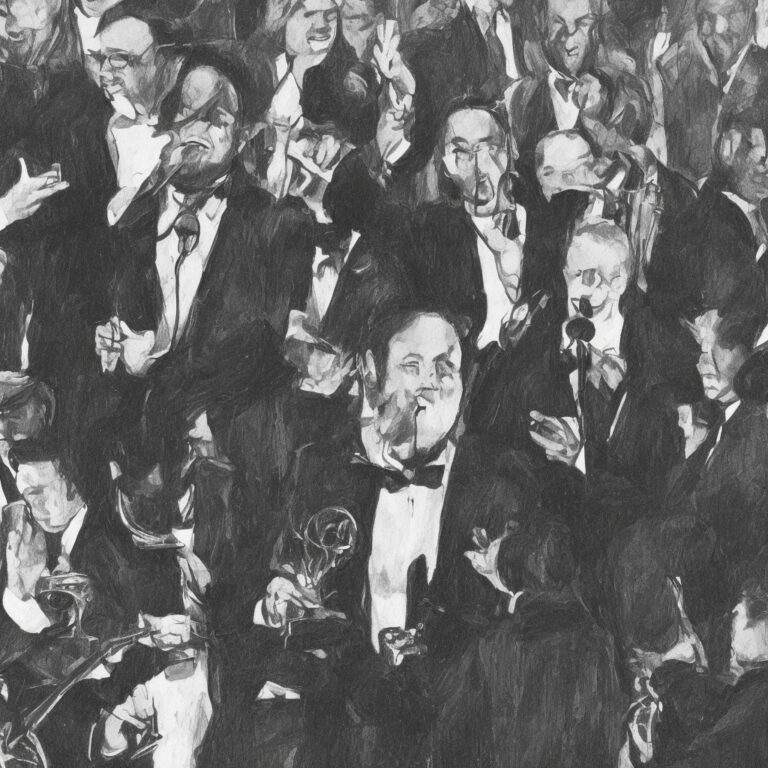
“Don’t Ask Me Why” has undoubtedly become one of Billy Joel’s timeless classics since its release in 1980. Hailing from his seventh studio album, “Glass Houses,” the track peaked at No. 19 on the Billboard Hot 100 chart, further solidifying Joel’s reputation as a hitmaker in the music industry.
Though the song itself hasn’t bagged any awards, the album “Glass Houses” took home the Grammy award for ‘Best Male Rock Vocal Performance’ in 1981. The success of the song and album undoubtedly contributed to this accolade, showcasing Joel’s ability to create memorable and catchy tunes.
While “Don’t Ask Me Why” hasn’t made its way into any prominent movie, TV, or video game soundtracks, its influence in popular culture is undeniable. The song’s upbeat melody and introspective lyrics have made it a well-loved classic that has stood the test of time. Its widespread appeal has led to numerous licensing deals, and it’s not uncommon to hear the song featured in commercials, as background music in television shows, or as part of curated playlists.
Throughout the years, “Don’t Ask Me Why” has inspired various artists to interpret the song in their unique styles. Notably, in 2017, indie-rock band Great Caesar released a cover version of the track, breathing new life into the classic. Additionally, singer-songwriter Andrew McMahon has been known to perform his rendition of the song during his live shows, paying homage to Joel’s genius.
It’s clear that “Don’t Ask Me Why” has left its mark on the music industry and continues to influence artists and listeners alike. The song’s legacy is yet another testament to Billy Joel’s exceptional talent as a songwriter and performer.
Breaking Down the Musical Layers
Diving into the musical structure of “Don’t Ask Me Why,” it’s clear to see that Billy Joel’s expertise shines through every aspect of the composition. The song is written in the key of E major, a popular key that is known for its bright and uplifting qualities. This key choice complements the song’s upbeat tempo and contributes to the overall catchy and memorable nature of the track.
The tempo of “Don’t Ask Me Why” is set at a lively 128 beats per minute (BPM), which further enhances the energetic and danceable vibe of the song. This tempo is relatively common in pop and rock music, providing just the right balance of excitement and accessibility for listeners.
One of the most notable aspects of the song’s chord structure is its use of the I-IV-V progression, a classic and highly popular chord progression in rock and pop music. In the key of E major, this progression consists of the chords E, A, and B. This progression is not only catchy and easy to remember, but it also helps to create a sense of familiarity for the listener, making it a perfect choice for a hit single.
Additionally, Joel employs various rhythmic patterns throughout the song, adding depth and complexity to the overall sound. For example, the verses feature a syncopated rhythm, characterized by off-beat accents that give the song an interesting and unique feel. This rhythmic variation keeps the listener engaged and adds an extra layer of interest to the song’s structure.
Joel’s piano playing also plays a significant role in the song’s arrangement, providing a solid foundation for the melody and harmony. The piano accompaniment includes a combination of chords and arpeggios, creating a rich and full sound that complements the other instruments and vocals perfectly. The inclusion of a piano solo in the middle of the song not only showcases Joel’s impressive skills as a pianist but also adds an element of surprise to the arrangement, keeping the listener’s attention throughout the track.
In terms of production, “Don’t Ask Me Why” features a clean and polished sound, with each instrument and vocal part clearly audible and well-balanced in the mix. This level of production quality is characteristic of Billy Joel’s work and contributes to the overall professional and polished feel of the song.
Overall, the intricate and well-thought-out musical structure of “Don’t Ask Me Why” is a testament to Billy Joel’s talent as a songwriter, performer, and producer. The song’s catchy melody, engaging rhythm, and polished production all come together to create a memorable and lasting impression on the listener.

